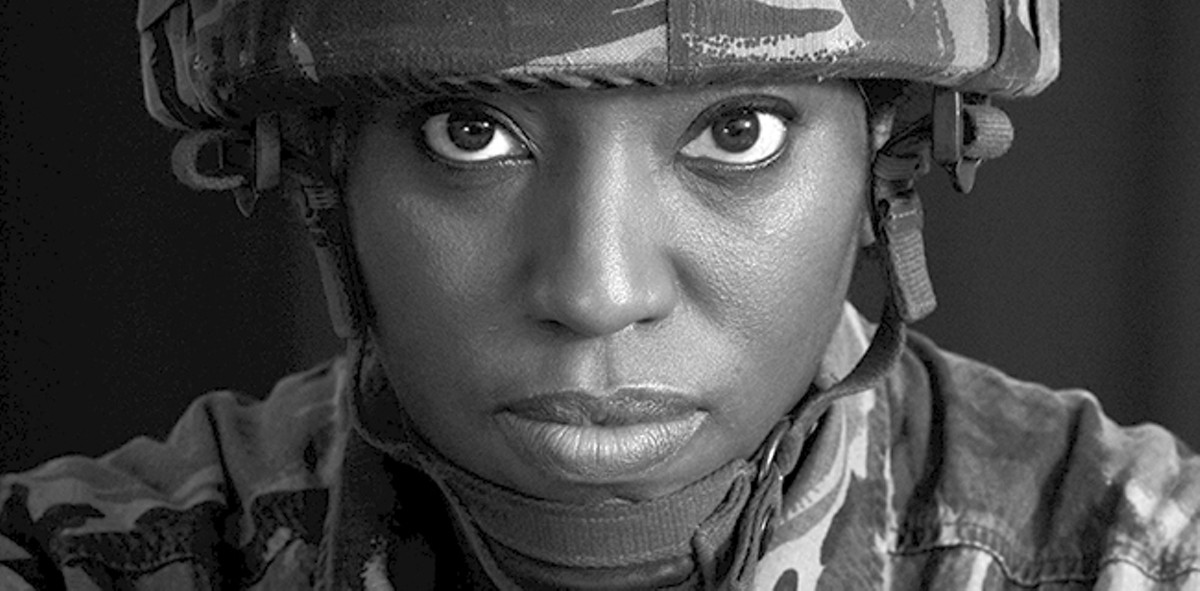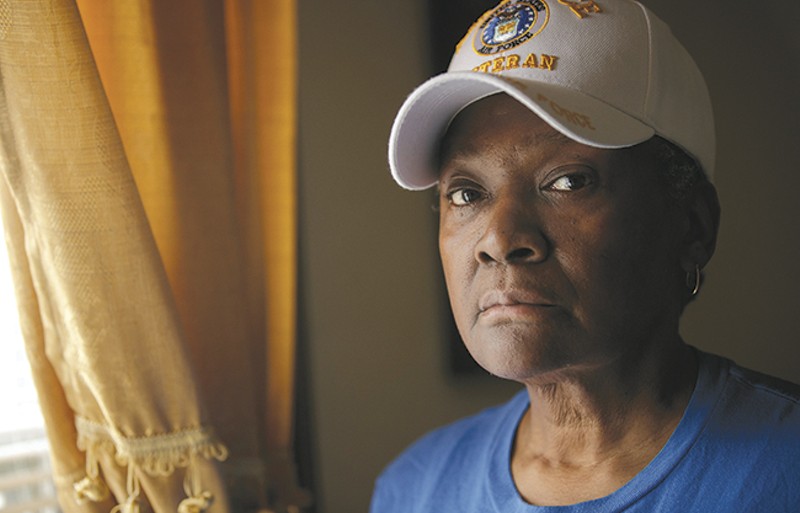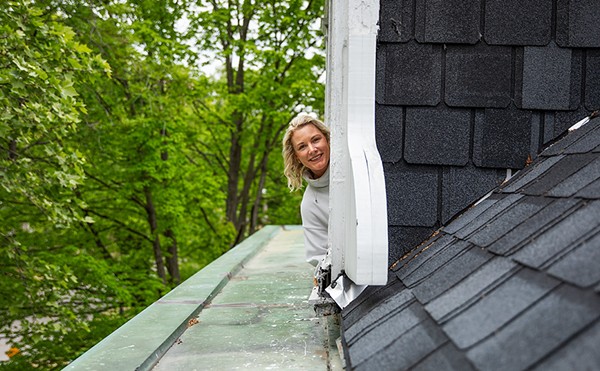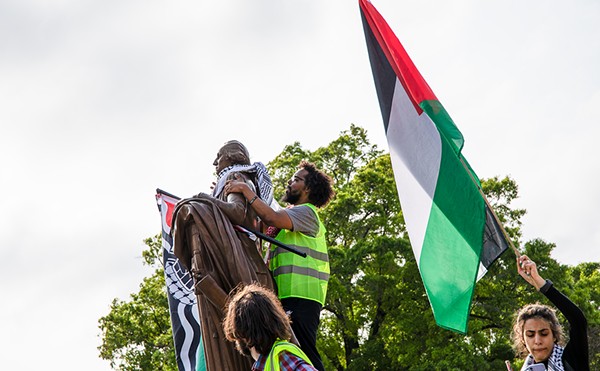Arlene Parker recalls the exact moment her military career went south.
It was the late 1970s, and Parker was an Air Force senior airman stationed at Scott Air Force Base, just outside Belleville, Illinois. Parker was a passenger service specialist, helping military and civilian passengers on and off the jetliners that touched down at Scott. It was a job she loved.
In April 1977, three years after joining the Air Force, Parker boarded a bus full of arriving airline passengers. Her boss, a sergeant, walked up behind her and groped her.
"I turned around and said, 'Hey, don't do that,'" Parker recalls. "Afterward, he came after me... He came after me with a vengeance."
Accused of having a bad attitude, Parker received a series of Article 15s, or non-judicial punishments, for minor infractions. She was demoted, then re-assigned to the Scott rec center. The more she protested, the more her discipline problems worsened, she says.
By year's end, Parker was booted from the Air Force. "I still have an anger problem because of that," says Parker, now 63.
Her anger festered for decades. She couldn't let go of it. What followed were lost jobs, years of drug and alcohol abuse, homelessness and a period of estrangement from her daughter Akilah.
Now 42, Akilah Haynes lives in Ferguson. She was raised mostly by her grandmother, but was in intermittent contact with Parker, who today lives in St. Louis.
Haynes recalls the time in middle school when she made a working TV set as part of a Junior Achievement program. "I was very proud of it," she says. "Well, it wound up disappearing."
Haynes thinks her mother traded the TV set for drugs.
"It hurt me," she says. "I love my mom. My mom is my best friend. She's been off drugs a long time. But you always have that in your head."
Hundreds of thousands of U.S. military members, both current and former active duty, male and female, are believed to have experienced some type of unwanted sexual contact during their service and suffered psychological harm as a result.
A term has been coined to describe what's happened to them: Military Sexual Trauma, or MST. The U.S. Department of Veterans Affairs has defined MST as experiences of sexual assault or repeated, threatening sexual harassment that a veteran experienced during his or her military service. MST covers a wide spectrum of unwanted contact, from sexual innuendo and groping to rape.
Voluminous research suggests that MST can have a lifelong and crippling effect on its victims. What still remains unclear is how MST affects the children of victims.
Kim Dennis, a psychiatrist, specializes in the treatment of trauma and PTSD. She notes that children are "exquisitely sensitive" to their mothers' emotional states.
"And if the mother is living in fear, and making decisions out of a fear-based place — it's impossible for that not to affect her household, the way that she's raising her kids, her relationships with her kids," says Dennis, the owner of SunCloud Health, an outpatient addiction treatment center in Highland Park, Illinois.
Emotionally, children are sponges, Dennis notes.
"So if I'm going home from work full of anxiety, full of hyper-vigilance, full of fear, my kids are going to pick up on that," Dennis says. "Typically, they're not consciously aware, 'Mom's really anxious today and I'm absorbing her anxiety.' It doesn't work like that. But they do pick up on it."
A body of work has emerged regarding how parental PTSD can affect children. Studies show increased rates of anxiety and depression and a greater disposition toward developing PTSD of their own for kids with parents afflicted by PTSD, Dennis said.
On average, fifteen percent of adults exposed to most forms of trauma — such as war or weather disasters — develop symptoms of PTSD. With victims of sexual trauma, however, the PTSD rate is about 30 percent, Dennis says.
The U.S. military's MST epidemic is the focus of intense attention from Pentagon leaders, the U.S. Department of Veterans Affairs and members of Congress, as well as the international community.
In May 2016, Human Rights Watch issued a 128-page report that found that thousands of U.S. troops had lost their military careers after reporting sexual assault.
To make matters worse, they were saddled with discharge papers that prevented them from obtaining jobs and VA benefits — a huge problem for those desperate for counseling, medication for psychological problems, job training and other hurdles arising from their assaults.
Missouri's own Senator Claire McCaskill, a Democrat, has emerged as a major voice in the U.S. Congress in the campaign to overhaul the military's handling of sexual assault cases.
A former Kansas City prosecutor who prosecuted many civilian sexual assault cases, McCaskill has helped pass federal legislation to force unit commanders to accept greater accountability, to provide much more support for military sexual assault victims, and to protect them from retaliation by their peers.
McCaskill calls the military "the perfect environment for a sexual predator because they move around so frequently."
Sexual predators move from base to base, into theaters of operation and out of them.
"And so if you are a sexual predator, you can do the crime, and if the woman doesn't have enough support or feel strong enough to come out of the shadows because of the male-dominated environment," McCaskill says, "you can move on, and maybe you could in fact have a number of victims before you are held accountable."







